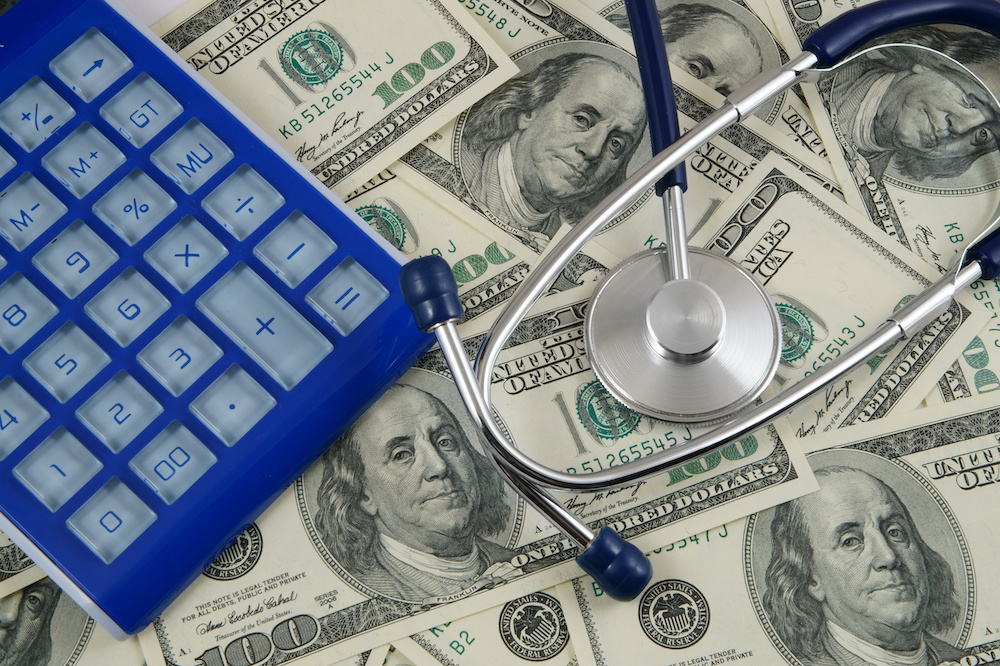The purpose of filing for Chapter 13 bankruptcy is to restructure your debts. In that, you must establish a three- to five-year repayment plan. But sometimes, life can be unexpected, and you may run into some troubles that are hindering you from following through on these payments. This is when a hardship discharge may come into play. Follow along to find out how you can get a hardship discharge and how a proficient Louisville, Kentucky Chapter 13 bankruptcy lawyer at Schwartz Bankruptcy Law Center can assist you in requesting this.
How is it possible to get a Chapter 13 bankruptcy hardship discharge?
Say, for instance, that you unexpectedly got laid off from your job. Or, say that you incurred an injury that prevents you from returning to work for the months to come. Maybe you were diagnosed with that precludes employment for the indefinite future. Circumstances such as these may be considered as “hardships.” So, if this is your situation, you may request the Kentucky bankruptcy court to grant you a Chapter 13 hardship discharge.
Of note, a hardship discharge may eliminate your responsibility for paying off debts like credit card debt, medical bills, utility bills, and personal loans. To qualify for this discharge, you may have to prove the following as true:
- You must explain to the court how your new circumstances, and therefore your inability to meet your repayment plan, are beyond your reasonable control.
- You must explain to the court how your unsecured creditors have already received the amount they would have in a Chapter 7 bankruptcy.
- You must explain to the court how you still would not have sufficient funds in a modified repayment plan.
What debts cannot be discharged in a Chapter 13 bankruptcy?
Though you may be offered some sort of relief with a hardship discharge, there are certain debts that you may still be held accountable for. That said, the following debts may not fall under your Chapter 13 hardship discharge:
- Your missed spousal support and child support payments.
- Your debts incurred from a divorce or separation decree.
- Your federal, state, and local taxes.
- Your debts that were left undisclosed in your bankruptcy paperwork.
- Your fines or institutions from your criminal proceedings.
- Your mortgage payments, if you kept your home in your bankruptcy filing.
- Your car payments, if you kept your car in your bankruptcy filing.
Generally speaking, if the court denies your request for a hardship discharge, then you may want to consider switching to a Chapter 7 bankruptcy.
With all things considered, the first step you must take for declaring bankruptcy is to make a phone call. Without further ado, pick up the phone and contact a talented Louisville, Kentucky consumer bankruptcy lawyer from Schwartz Bankruptcy Law Center today.

